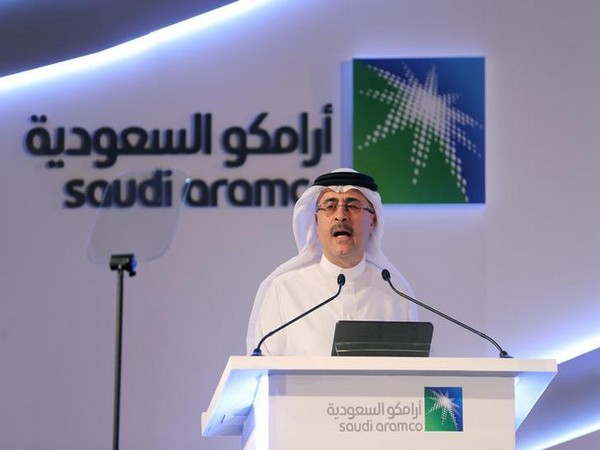The CEO of Saudi oil giant Aramco, Amin Nasser, has expressed concerns over potential disruptions in global oil markets due to prolonged attacks by the Houthis in the Red Sea. Nasser anticipates a shortage of tankers, leading to delays in supply as voyages become extended. Despite short-term coping mechanisms, such as diverting cargoes, the CEO underscores the possibility of challenges if these disruptions persist.
Nasser points out that the oil market is poised to tighten, given the depletion of consumer stocks by 400 million barrels over the past two years. With OPEC’s spare capacity being the primary source for meeting rising demand, the CEO emphasizes the need for additional supply.
The attacks by the Houthis, forcing companies to reroute cargoes around Africa, have raised concerns about tanker availability. Nasser notes that while short-term solutions may be feasible, prolonged disruptions could necessitate more tankers, leading to extended journeys.
Acknowledging the impact on shipping routes, particularly the Suez Canal, Nasser highlights the alternative route around South Africa’s Cape of Good Hope, which adds 10-14 days to the journey. Aramco, however, can bypass the Bab al-Mandab strait near Yemen through a pipeline, providing quicker access to the Suez Canal.
While recognizing the potential for certain oil products to sail around Africa, Nasser does not foresee the Houthis targeting Aramco’s facilities following peace talks between Saudi Arabia and Yemen.
Looking ahead, Nasser predicts oil demand at 104 million barrels a day in 2024, signaling growth of approximately 1.5 million bpd. He emphasizes the importance of additional supply to address growing demand, given the depletion of global stocks over the past two years.
While the future of peak oil demand remains unclear, Aramco is strategically positioning itself. Nasser sees growing demand for chemicals, particularly in China, and is actively investing in refineries with integrated chemical production capabilities. This move aligns with Aramco’s vision of transitioning beyond traditional oil sales.
(Inputs from Reuters)














